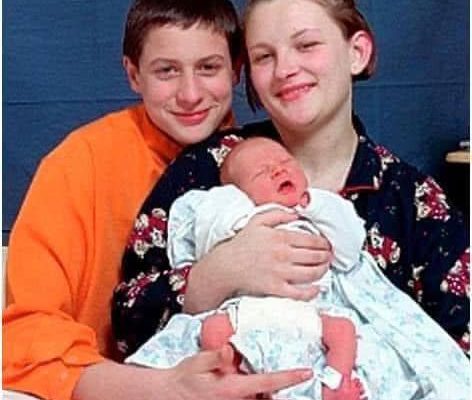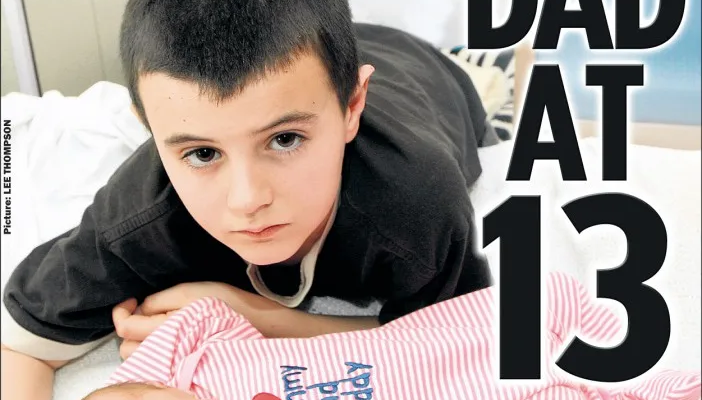UK’s Youngest Mother at 11: A Story That Stirs National Debate
In an event that has shocked the UK, an 11-year-old girl recently became the youngest mother in the nation’s history. She gave birth earlier this month, and remarkably, her family was unaware of the pregnancy until the baby was born. Both the young mother and her newborn are reported to be in good health.
Social services have launched an investigation into how the pregnancy went unnoticed. A source close to the family said, “It has come as a big shock. She’s now being surrounded by expert help. The main thing is that she and the baby are okay.”
This incident has sparked renewed discussions about teenage pregnancies and the societal factors surrounding such cases.
A Historical Perspective
The previous record for the UK’s youngest mother was held by Tressa Middleton, who gave birth at age 12 in 2006. In 2014, a 12-year-old mother and a 13-year-old father were recorded as the youngest parents in the UK. Each case has raised questions about how such pregnancies occur and the role of parents, schools, and communities in addressing these issues.
One particularly publicized case was that of Alfie Patten, who became widely known as a 13-year-old father in 2009. His story gained massive media attention, but it was later revealed that he was not the biological father. Despite this, the coverage highlighted the challenges young parents face in the public eye, including exploitation by media outlets and the societal stigma attached to their circumstances.
The Role of Media in Young Parenthood
Alfie’s case became a media spectacle, with bidding wars for exclusive stories and documentaries. Media outlets reportedly offered significant sums to his family, with some deals reaching up to £500,000. This commercialization of a deeply personal and challenging situation drew criticism, as many felt it exploited the individuals involved for profit while failing to address the broader societal issues.
In the case of the 11-year-old mother, the focus has shifted from sensationalism to understanding how such incidents can be prevented. Social services and educational institutions are being urged to provide better support systems for young people, emphasizing the importance of comprehensive sex education and parental involvement.
The Broader Debate
Incidents like these spark moral and societal debates. Critics argue that they reflect a decline in traditional values, while others point to systemic issues, such as inadequate education and support for vulnerable families. Former Tory leader Iain Duncan Smith has described similar cases as indicative of Britain’s moral decline, urging a focus on restoring social and family values.
At the same time, there are stories of young parents overcoming the odds. James Sutton, who became a father at 13, managed to build a stable life for his family, even purchasing a home and supporting his partner through university. His story is a testament to resilience, but he has acknowledged that becoming a parent so young meant missing out on his own childhood.
Moving Forward
As the 11-year-old mother adjusts to her new reality, her story serves as a call to action for society. Support systems must be strengthened to prevent similar incidents and provide young people with the tools they need to make informed decisions. By addressing the root causes and offering robust support, society can work toward preventing such cases and ensuring better futures for all children.
This case is a stark reminder of the challenges young parents face and the collective responsibility to create a supportive and understanding environment for them.





